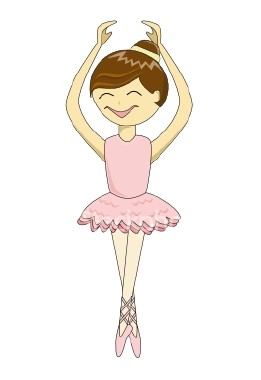





Evelyn resolved that in 1994 she'd exercise regularly. But it's only the beginning of the new year and she's already bored with her new stationary bike. The rowing machine and treadmill at the YWCA also hold little appeal.
When a friend coaxed her to go along for an evening of free dance lessons, she realized exercise doesn't have to be a chore.
It's true. Whether you're swirling across the floor to a Strauss Waltz or doing do-si-dos to the commands of a square-dance caller, you're getting exercise-and probably having fun too.
From burning calories to socializing with friends, dancing offers these health benefits:When a friend coaxed her to go along for an evening of free dance lessons, she realized exercise doesn't have to be a chore.
It's true. Whether you're swirling across the floor to a Strauss Waltz or doing do-si-dos to the commands of a square-dance caller, you're getting exercise-and probably having fun too.
Calories - Dancing can burn as many calories as walking, swimming or riding a bicycle. During a half hour of sustained dancing you can burn between 200 and 400 calories. One factor that determines how many calories you'll expend is distance. In one study, researchers attached pedometers to square dancers and found each person covered nearly five miles in a single evening. Cardiovascular conditioning - Regular exercise can lead to a slower heart rate, lower blood pressure and an improved cholesterol profile (see Medical Essay, June 1991). Experts typically recommend 30 to 40 minutes of continuous activity three to four times a week. Dancing may not provide all the conditioning you need, but it can help. The degree of cardiovascular conditioning depends on how vigorously you dance, how long you dance continuously and how regularly you do it. Strong bones - The side-to-side movements of many dances strengthen your weight bearing bones (tibia, fibula and femur) and can help prevent or slow loss of bone mass (osteoporosis). Rehabilitation - If you're recovering from heart or knee surgery, movement may be part of your rehabilitation. Dancing is a positive alternative to aerobic dance or jogging. Sociability - Dancing contains a social component that solitary fitness endeavors don't. It gives you an opportunity to develop strong social ties which contribute to self-esteem and a positive outlook (see Mayo Clinic Health Letter, February 1992) Tomorrow night when you consider settling down for a little television, turn on the music instead. After a few spins around the living room, you'll have so much fun you may forget you're exercising.
